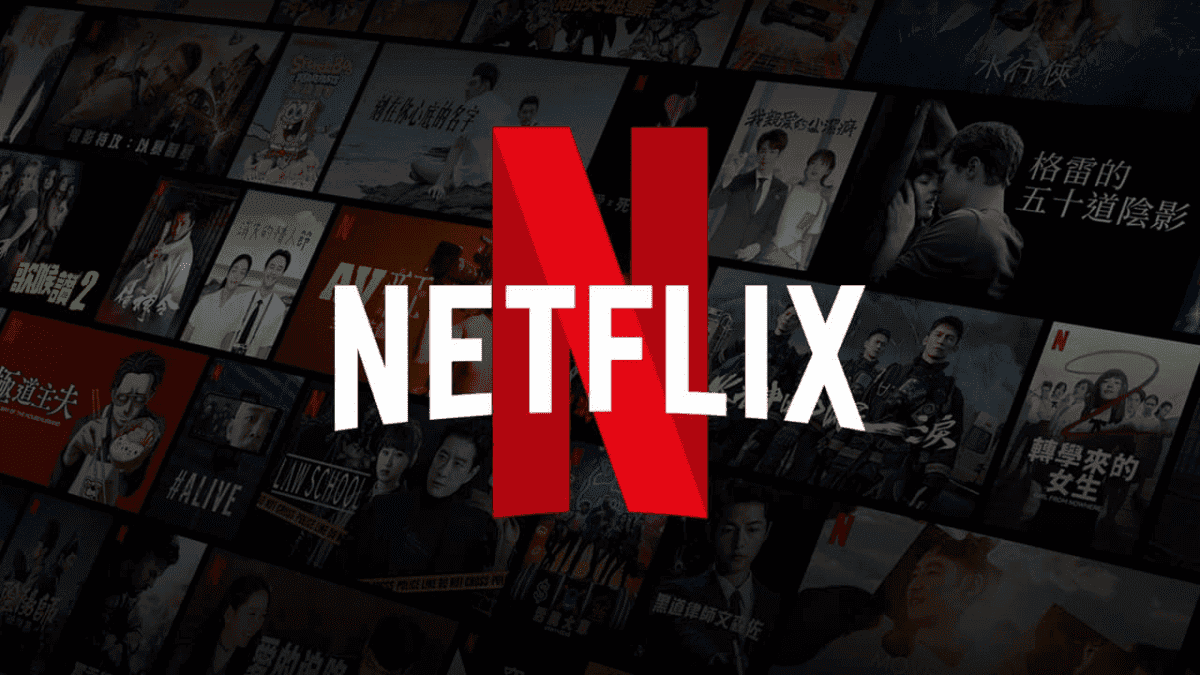Netflix had a troublesome 2022 in terms of revenue. The company canceled a multitude of TV shows and movies and decided to revamp its strategy. There are a series of factors for the drop in subscriptions. We can cite the global economic situation, the rise of competition, etc. However, Netflix blames the “password-sharing” habits as the biggest culprit. If users are sharing their accounts, the company is losing money and potential subscribers. The company has been teasing the end of password sharing, and now it’s finally set to come.
Netlifx finally revealed the details of its plans to prevent password-sharing. Earlier today, we revealed how the new system will work, and now we have more details that explain how Netflix will block access to users sharing accounts. The platform updated its Help Center confirming that only accounts within one household will be shareable. To ensure devices are associated with their primary locations, Netflix will ask users to connect to their home Wi-Fi once every 31 days.
You can see some of the details that have been shared by The Streamable, via GSMArena. It states that users from shared accounts will be able to move their profile history into a new account. Also, the new feature will raise some inconveniences. For instance, you’ll need to ask for a temporary code to keep using the account while traveling. The code will give access to the account for seven days. If the company sees a violation, it will block your access to Netflix. Worth noting that these changes are valid for the US and Canada. It’s unclear how and when the company will expand to other regions.
Gizchina News of the week
Below, there is a full Q&A with the details:
-
Who Can Use a Netflix Account Now?
Netflix accounts are still shareable, but only within one household. To make sure your devices are tied to your primary location, Netflix will ask users to connect to the Wi-Fi at their primary location, open the Netflix app or website, and watch something at least once every 31 days.
-
Can You Still Share Netflix With Someone Who Doesn’t Live With You?
No, accounts are only meant to be used within one house. Netflix will prompt users who try to sign into your account elsewhere to sign up for their own account instead and block their access until they do. The platform will NOT begin automatically charging account holders whose information is used outside of their homes.
-
Can Other Users on Your Netflix Account Save Their Profiles?
Yes, Netflix offers users a profile transfer feature that will allow them to migrate their show recommendations, watch history, and more to their own account if they decide to create one. This will give password sharers the opportunity to preserve their profile if they sign up for their own Netflix accounts.
-
Can You Still Use Netflix While Traveling?
Signing into Netflix outside of your home may lead to the device in use being blocked from Netflix. This could prevent you from signing into new devices while traveling, but Netflix has devised a workaround.
Traveling users who want to use Netflix on a hotel smart TV, company laptop, etc. can request a temporary code from the service when signing in. This will give them access to their account for seven consecutive days.
-
How Can You Prevent the platform from Blocking Your Devices?
Signing into home Wi-Fi at least once every 31 days on your devices will make them “trusted devices,” which Netflix will remember and leave unblocked.
If your device has been blocked incorrectly, you’ll need to contact Netflix in order to get it unblocked.
-
How Will Netflix Know if You’re Not in Your Home/Primary Location?
Netflix uses info such as IP addresses, device IDs, and account activity to check whether a device signed into your account is connected to your primary location.
If your device is being used outside your home by someone you haven’t authorized, you can sign into your account and sign out on all other devices, then change your password.
-
How Many Devices Will Netflix Let You Use Simultaneously in One Location?
That all depends on which plan you’re signed up for. The platform offers four distinct price tiers, and the number of simultaneous streams varies on which tier you subscribe to.







